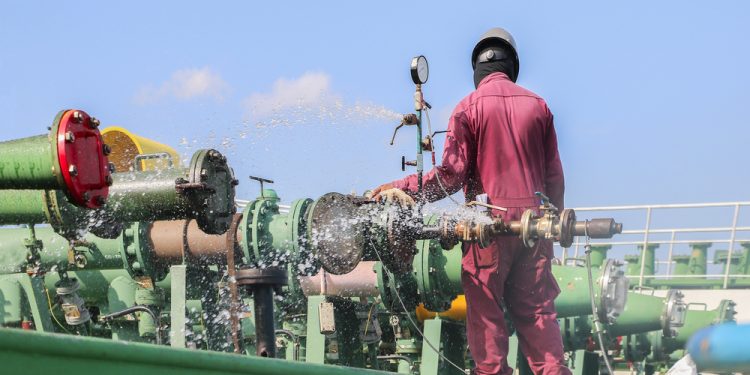During IMO Legal Committee, 110th session, that took place 21-26 March, 2023, the IMO adopted resolution (LEG.6(110)) to provide Guidelines for port State and flag State authorities on how to deal with seafarer abandonment cases.
The Guidelines on how to deal with seafarer abandonment were adopted by the first meeting of a joint International Labour Organization (ILO)–International Maritime Organization (IMO) Tripartite Working Group, which met in December 2022, following development by an intersessional correspondence group reporting to the Legal Committee.
Overall, IMO noted that there is an alarming spike in cases of crew abandonment. In 2020, the total number of reported cases was 85 and of these, 50 cases had so far been resolved. In 2021, the total number of reported cases was 95, and of these, only 47 have been resolved. Approximately 21 of the cases that were reported since 1 January 2020 were related to the COVID-19 pandemic, further exacerbating the crew change situation of seafarers at the time.
The IMO Guidelines adopted during Legal Committee:
- seek to address the significant rise in reported cases of abandonment of crews.
- draw on relevant ILO international labour standards, notably the Maritime Labour Convention, 2006, as amended (MLC, 2006), including its most recent amendments; an earlier joint ILO-IMO resolution adopted in 2001 (resolution A.930(22)); relevant IMO international frameworks and agreements; and relevant trends and developments in regional and national law and practice.
- set out procedures to be taken by States if a shipowner fails to fulfil their obligations to arrange and cover the cost of repatriation of seafarers, outstanding wages and other contracted entitlements, and the provision of essential needs, including medical care. In these circumstances seafarers are then considered abandoned.
These procedures include developing, in cooperation with seafarers’ and shipowners’ organizations, national Standard Operating Procedures (SOPs) to explicitly define the liabilities and obligations of the competent authority and the roles to be played by the various national stakeholders. These stakeholders include the relevant national seafarers’ welfare boards, shipping agencies, seafarers’ and shipowners’ organizations, seafarer welfare organizations, seafarer recruitment and placement services, and others.
As such, the Committee encouraged discussion relating to a solution to the problem of repatriation of abandoned seafarers and reminded Member States to ratify and effectively implement the relevant international instruments and amendments thereto
To tackle crew abandonment, the Committee also:
- highlighted the existence of the IMO/ILO joint database
- encouraged Member States to report incidents of abandonment to the database when they occurred in their ports or on vessels flying their flag
- urged flag and port States to take further action to ensure the presence of financial security, as required by MLC, 2006 Standard A2.5.2, and to take appropriate action when financial security is not in place; and
- encouraged States to take note of the link between abandonment and forced labour, as referred to in article III of the MLC, 2006, as amended, in order to fulfil their obligations under MLC, 2006.
- suggested the establishment of a Task Force to review the joint ILO/IMO database of abandonment of seafarers.
What is more, in an exclusive interview to SAFETY4SEA, Mr. Andrew Roberts, Executive Director, EMEA, RightShip, highlighted the importance of data sharing and increased transparency to tackle the issue. ”Through data-sharing, companies can now be held accountable for cases of crew abandonment, reducing future harm to seafarers.”, he noted. In its latest Seafarer abandonment report, RightShip revealed that almost 10,000 seafarers have been abandoned in that time, in cases involving 703 vessels.
”More emphasis on the tools available for port-states to resolve abandonment issues is important.” also said Dr. Jason Zuidema , General Secretary of the International Christian Maritime Association (ICMA) to SAFETY4SEA. ICMA was present at the IMO-ILO Joint Taskforce meetings on seafarer abandonment at the ILO in Geneva in December 2022

































































